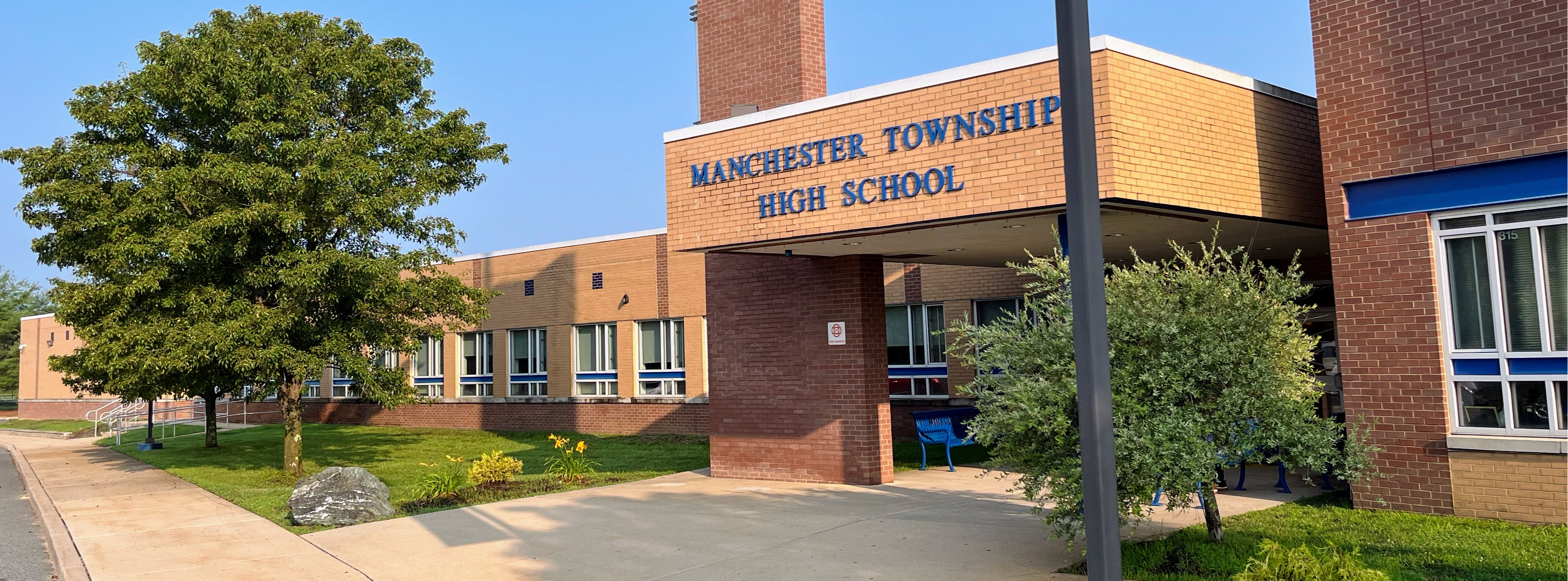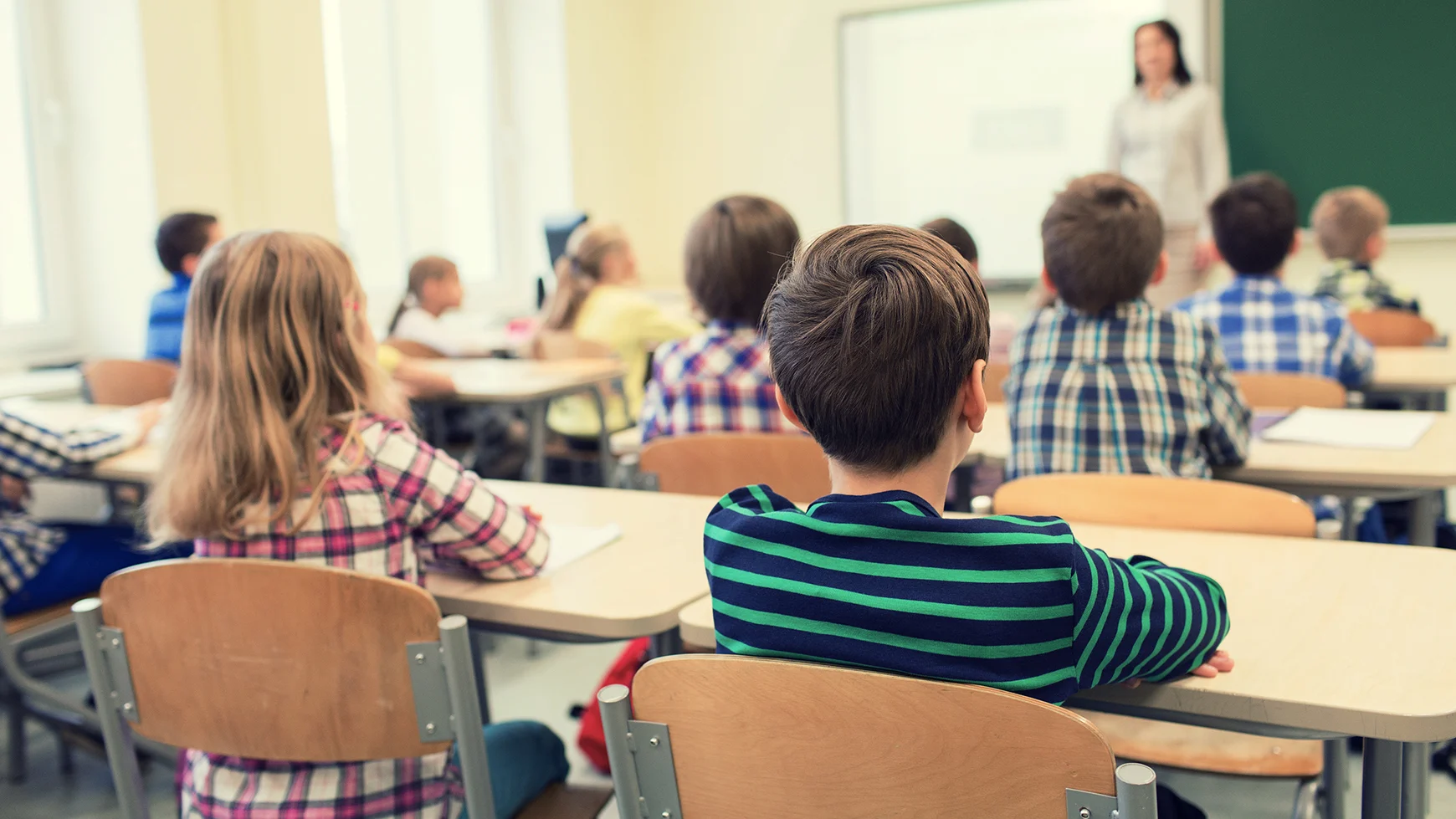Recognizing the Relevance of Schools in Kid Advancement and Neighborhood Growth
Colleges' interaction with local areas via service-learning initiatives reinforces the bond between families and educational institutions. This symbiotic partnership underscores the relevance of colleges in nurturing energetic citizenship and lifelong knowing habits.
Academic Accomplishment
Academic success acts as a keystone of youngster advancement, providing the foundation whereupon future knowing and success are built. Institutions play an essential role in promoting this academic development, using organized atmospheres where children can get vital knowledge and cognitive abilities. Standardized curricula make certain that students gain effectiveness in core subjects such as maths, scientific research, and language arts, which are essential for both higher education and learning and professional chances.
In enhancement to giving fundamental academic abilities, colleges additionally cultivate essential thinking, problem-solving capacities, and intellectual interest. These cognitive proficiencies are important for browsing complicated real-world circumstances and adjusting to the ever-evolving demands of the contemporary workplace. Teachers, as facilitators of discovering, utilize varied instructional techniques to deal with diverse discovering styles, consequently making best use of individual trainee capacity.
In addition, academic success is closely linked to self-confidence and inspiration. Youngsters who experience academic accomplishments are most likely to develop a positive self-concept and a long-lasting interest for understanding. Institutions additionally offer various sources, such as collections and innovation, which additionally boost the educational experience and prepare students for a technically advanced society.
Social Skill Development
Beyond scholastic accomplishment, the duty of colleges in social ability advancement is essential. Schools function as a main place for youngsters to discover and exercise necessary social skills such as communication, participation, and conflict resolution. In the organized atmosphere of a class, pupils connect with peers, instructors, and various other school personnel, offering many chances to develop these vital capacities.
Reliable social skill growth in schools is assisted in via group tasks, joint jobs, and extracurricular programs. These communications aid students recognize social norms, build compassion, and promote a sense of community. For example, team projects instruct trainees how to interact towards a common goal, pay attention to various viewpoints, and browse arguments constructively.

The growing of social abilities during academic year lays a structure for future personal and specialist partnerships. Save Temecula Schools. As pupils mature, the ability to effectively interact and collaborate becomes increasingly essential, emphasizing the school's vital function in all natural youngster growth
Direct Exposure to Diversity
Exposure to diversity in institutions is fundamental to fostering an inclusive frame of mind and expanding trainees' point of views. Schools work as a microcosm of the wider culture, and coming across diverse cultures, languages, and socioeconomic histories within this setting outfits students with important skills for browsing a progressively globalized globe. This direct exposure urges empathy, lowers prejudices, and promotes shared respect among peers.
Research study suggests that students that communicate with peers from diverse backgrounds show much go to the website better analytic skills and imagination. This understanding of variety prepares pupils for future workplaces that value modern skills - Save Temecula Schools.

Neighborhood Interaction
The advantages of diverse class prolong beyond the school walls, promoting a solid sense of neighborhood involvement among students. By engaging with peers from various cultural, socioeconomic, and ethnic histories, students obtain a wider perspective and an appreciation for diversity. This direct exposure urges them to come to be energetic residents that agree to add favorably to their areas.
Colleges that stress area engagement commonly include service-learning projects, which permit trainees to deal with real-world troubles while using scholastic abilities. These jobs not only boost pupils' understanding of their coursework yet also infuse a sense of obligation and empathy. Partnerships in between schools and local companies supply students with opportunities to participate in area occasions, even more solidifying their role as positive neighborhood members - Save Temecula Schools.
Furthermore, adult and area involvement in colleges strengthens the bond in between universities and the communities they serve. They create a collective environment Discover More that profits all stakeholders when schools open their doors to area occasions, workshops, and volunteer chances. This shared support group guarantees that students obtain all natural advancement, preparing them to come to be well-rounded people who add and value to their areas. Through these efforts, colleges play a critical role in nurturing community involvement and cultivating social development.
Lifelong Understanding Routines
Creating lifelong understanding behaviors is important for a kid's continuous growth and flexibility in an ever-changing globe. Schools play a crucial role in instilling these routines by producing an atmosphere that cultivates inquisitiveness, critical thinking, and a love for expertise. Via extracurricular tasks and diverse curricula, instructors urge trainees to explore different subjects, analyze details critically, and use their finding out to real-world circumstances.

In addition, schools offer an organized environment where youngsters can develop self-discipline and time administration skills, both of which are crucial for continuous discovering. By highlighting the relevance of setting goals, mirroring on development, and adapting techniques, universities prepare pupils to browse the complexities of grown-up life, guaranteeing they stay long-lasting students and contributors to society.
Verdict
In verdict, schools are vital in promoting youngster advancement and neighborhood development by Check Out Your URL giving settings favorable to academic success, social ability development, and direct exposure to diversity. Inevitably, institutions cultivate lifelong discovering behaviors, equipping individuals with the needed understanding and abilities to contribute favorably to society.
In the structured atmosphere of a class, students interact with peers, instructors, and various other institution staff, using various chances to develop these vital abilities.
In essence, direct exposure to diversity within colleges not just enhances specific students but likewise reinforces the social material of the neighborhood as a whole.
The benefits of diverse class expand past the college walls, fostering a solid sense of neighborhood involvement among trainees.Colleges that emphasize community interaction usually integrate service-learning jobs, which permit trainees to deal with real-world problems while using academic skills. Collaborations between institutions and local companies supply trainees with chances to get involved in area occasions, better strengthening their function as aggressive neighborhood members.